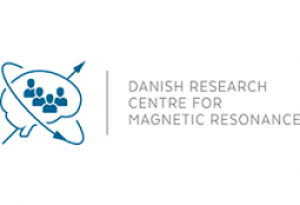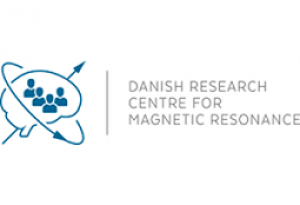Lise Skjold Andersen
Friday, 18 June 2010 02:00
Anniversary symposium in honour of Professor Olaf B. Paulson, August 13 2010
Published in
Latest News
Tagged under
Friday, 16 July 2010 14:01
Thomas Z. Ramsøy explains neuroscience and his research
Published in
Latest News
Tagged under
Wednesday, 16 June 2010 02:00
PhD course on SPM in September 2010
Published in
Latest News
Tagged under
Friday, 09 July 2010 02:00
Young Investigator Award for Daniela Balslev
Published in
Latest News
Tagged under
Saturday, 10 July 2010 11:35
Paradoxical improvement of performance after virtual brain damage
Published in
Latest News
Tagged under
Wednesday, 23 June 2010 01:48
Educational material attracts international attention
Published in
Latest News
Tagged under
Monday, 27 April 2009 12:58
Microstructure & Plasticity
Tuesday, 20 April 2010 21:59
New scanners at the DRCMR
Published in
Latest News
Tagged under
Tuesday, 23 March 2010 19:22
Forced right-handedness changes the brain
Published in
Latest News
Tagged under











